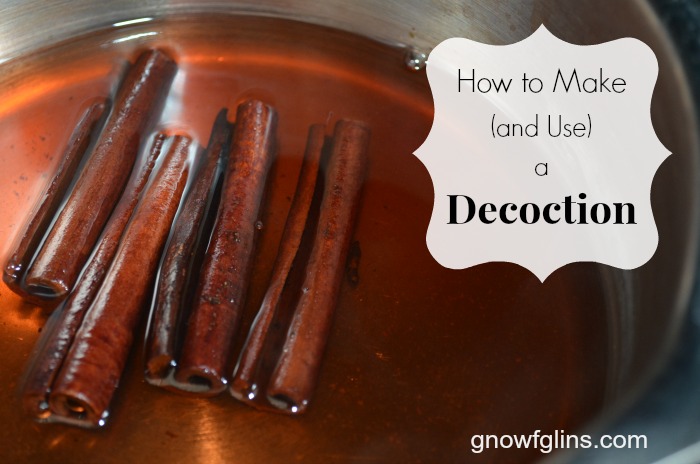
An infusion uses the leaves, stems, and flowers of a plant. A decoction, although very similar to an infusion, is prepared from the roots, bark, and seeds. I am a huge fan of both infusions and decoctions because they are both extremely simple ways to use herbs. Many people feel that they lack the expertise to treat illnesses or improve their general health with herbs. However, a few simple techniques and general knowledge about a handful of herbs will take you a long way.
So, What is a Decoction?
According to the book 10 Essential Herbs,
“A decoction is a concentrated brew made by gently simmering “tougher” forms or parts of herbs, such as roots, barks, and woody stems (either fresh or dried). It is different to an infusion, which is a concentrate made by steeping (not simmering) the more delicate parts of the herb such as leaves, flowers, light stems, etc.”
You might say, then — a decoction is really a concentrated herbal tea.
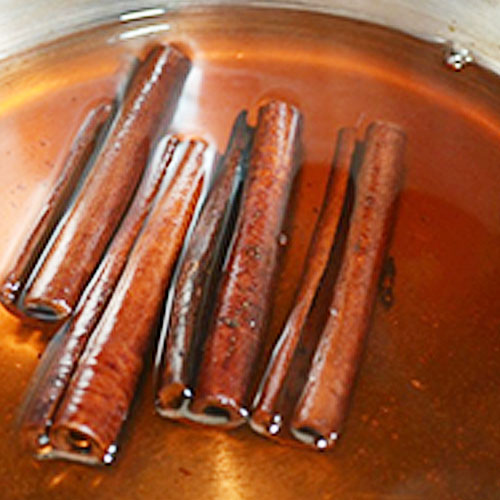
Preparing a Decoction
Ingredients
- Herbs Use approximately 1 teaspoon of dried or 2 teaspoons of fresh herbs per 1 cup of water*
Instructions
-
Bring water to boil in a heavy pot.
-
Measure herbs. Use approximately 1 teaspoon of dried (or 2 teaspoons of fresh) herbs per 1 cup of water.
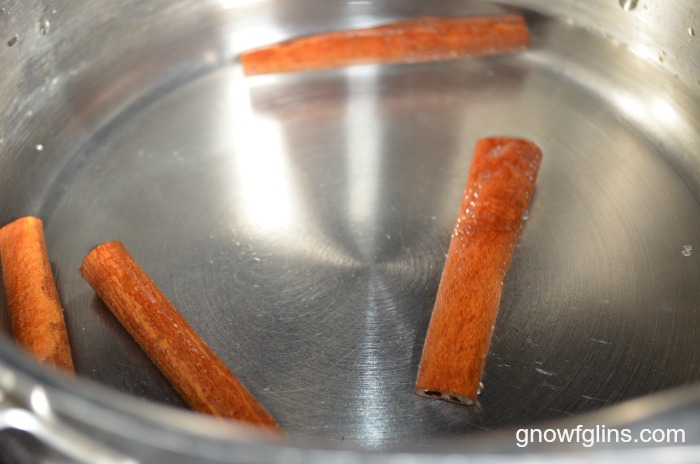
-
Add the herbs to the water and reduce heat so that the water is simmering.
-
Leave the herbs to simmer gently for 15 to 20 minutes.
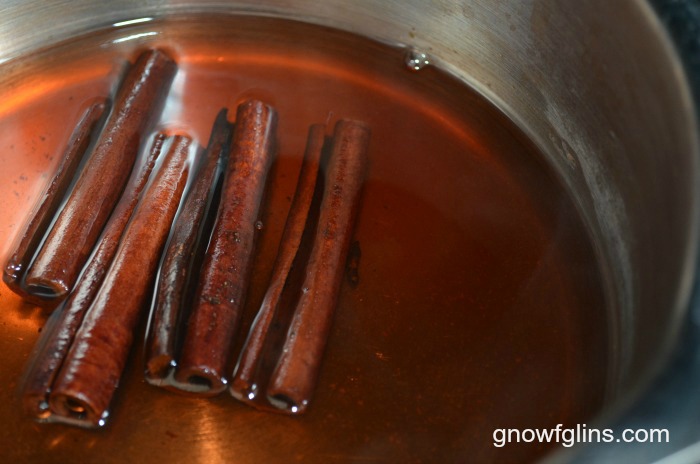
-
Strain out the herbs.
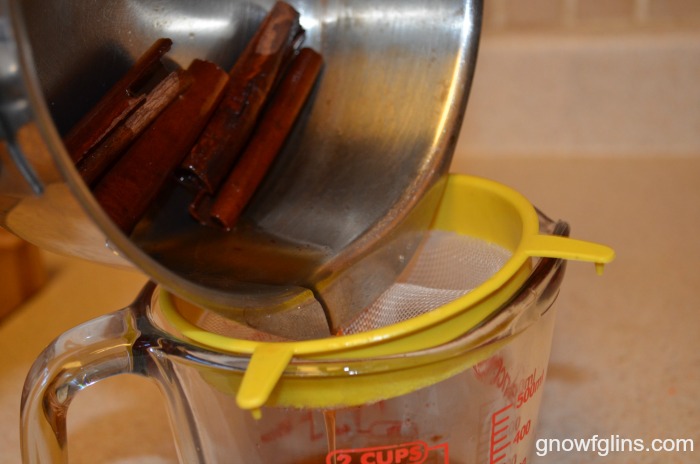
Recipe Notes
Dosage
A decoction is usually taken as a drink, using about 1/4 to 1/2 a cup as needed.
The type of herb used will further determine how much to consume.
Depending on the herb, you may need to add a little honey or stevia to make the drink palatable.
*Herbs to Use for Decoctions
Many herbs make wonderful decoctions. Here are a few for you to consider:
Burdock root for liver support.
Yellow dock root for anemia, and also as a mild laxative.
Dandelion root for cleansing the liver.
Licorice for irritable bowel syndrome, adrenal fatigue, and digestive issues (avoid while pregnant).
Ginseng root to support hormone balance, fatigue, and digestive weakness.
Cinnamon for digestion, colds, and generally warming the body.
Pau d'Arco bark to strengthen the immune system.
Slippery elm bark for soothing ulcers, coughs, and diarrhea.
Chicory root for improved skin health.
Other Uses for Decoctions
Baths
Decoctions can also be added to baths to create a soothing and therapeutic soak.
Simply prepare 2 to 3 quarts of decoction, strain out the herbs and add the remaining liquid to a tub full of warm water.
Soak for at least 20 minutes.
Baths are wonderfully simple way to utilize the healing properties of herbs. They are especially helpful to anybody who struggles to ingest the herbs under normal circumstances, such as one who is ill or too young).
For more therapeutic bath ideas, see this post.
Compresses
Decoctions can also be used as a compress (also known as fomentation) to apply the herb directly to the skin.
To make a compress, soak a clean cloth in the warm (not hot) decoction. Squeeze out the excess liquid, apply the cloth to the affected area, and allow it to stay there until cooled.
Reapply as needed.
As you can see, it is so easy to make (and use) a decoction! I hope you will give it a try.
Have you made a decoction? If so, which herbs have you used and what were your results?
We only recommend products and services we wholeheartedly endorse. This post may contain special links through which we earn a small commission if you make a purchase (though your price is the same).


I make one with cinnamon, cloves, ginger and turmeric. I use it for candida support. It’s tasty and it helps with the sugar cravings too.
As much as I love herbs I have yet to create a decoction with anything other than ginger ( lots of infusions though!) I will definitely be coming back to this post as I expand my herbal arsenal.
How much at one time does a person drink? How much should a person consume for one day?
I haven’t tried any of this yet but sounds intriguing!!!
I have a jar of fairly fresh turmeric. Should I dry it before making a decoction? thank you for all that you do!
Making decoction is not so easy as many people think. Worst quality herbs in wrong combinations/proportions with wrong procedures can actually damage your body instantly or long term. Hence choosing good quality herbs, correct combination/proportion with right procedure can yield outstanding results with minimum side effects.
This is what I’ve been trying to figure out. How does a beginner know how much of each herb to use when combining multiple herbs. I can’t seem to find a direct answer.
I actually purchased a decoction, it was sold to me in individual sized air-tight sealed baggies. How long do I have to drink it?
When making infused oils, for example- a comfrey root (dried) olive oil infusion- Is it ok to mix herbs during the infusion process (for example, throw in some clary sage into the comfrey jar) OR is it best to mix after each herb is infused separately??